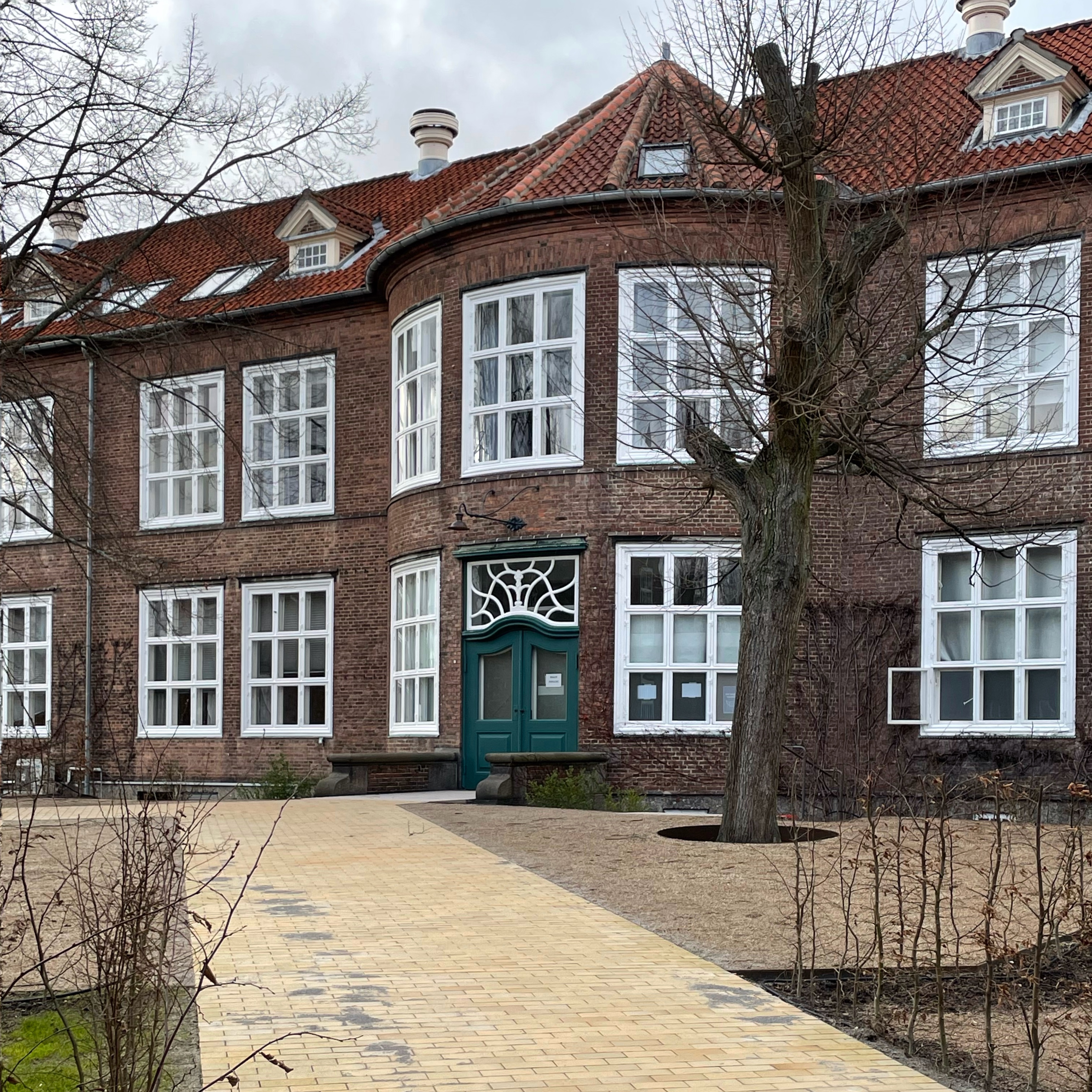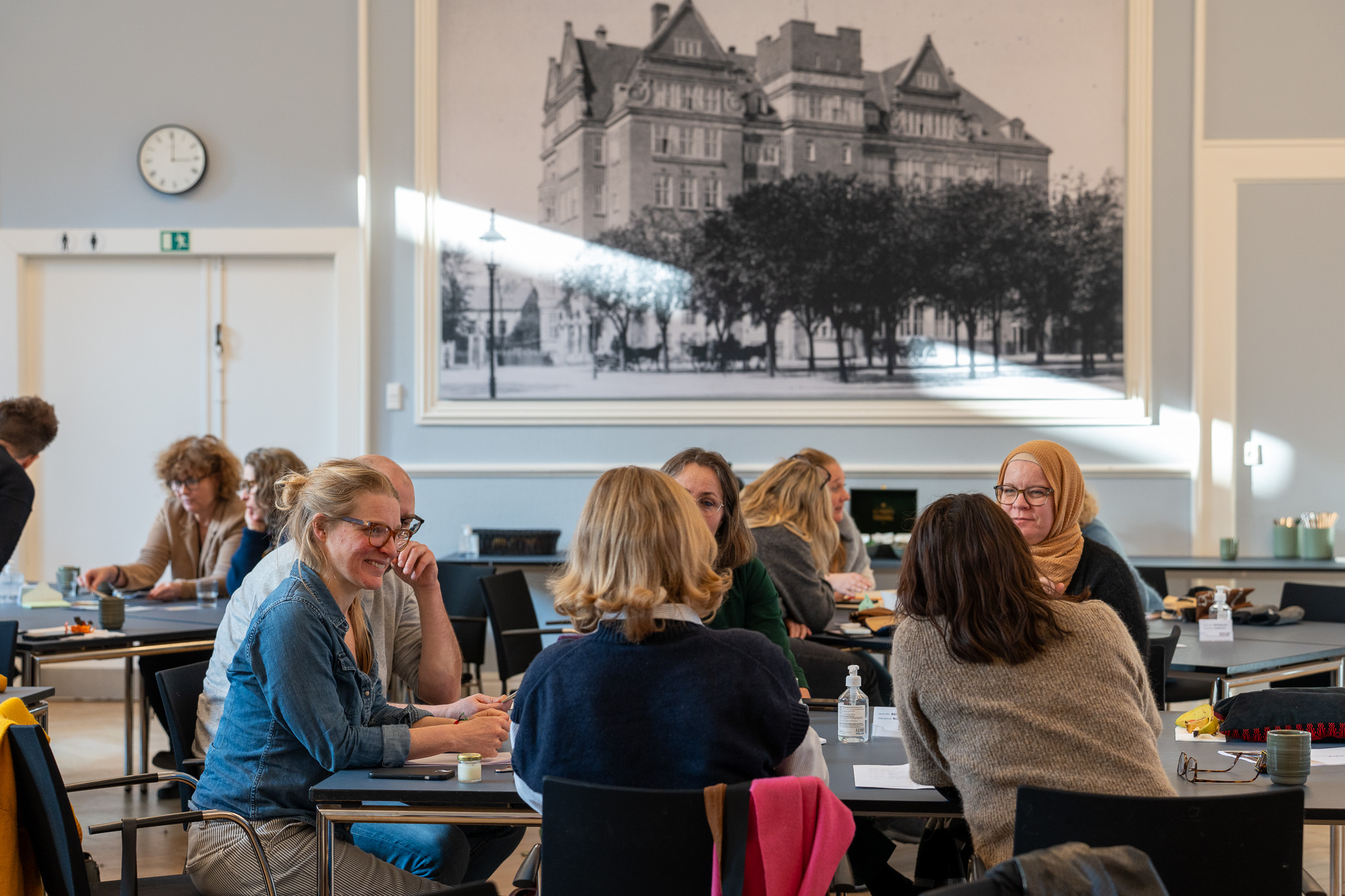
Researcher on disability play: Four points of attention must be taken into account in political negotiations

There are several good elements in the Government's plan “A Life with Equal Opportunities — A strengthened specialisation for children, young people and adults with disabilities or social problems,” for example the strong focus on building and disseminating specialised knowledge through a specialisation plan. But the play out also raises four points of attention in the upcoming political negotiations.
Discussion paper by Emil Falster, post.doc at the Bevica Foundation's Universal Design Hub and Aalborg University
Lack of focus on structures
The first point concerns the play's individualized understanding of vulnerability, vulnerability and disability as conditions that arise and arise solely from the individual human being, including the individual's family.
It is only addressed to a limited extent that exclusion, marginalization and discrimination also occur because public systems do not respond effectively to the diverse needs of people. The solutions can be many, for example better working conditions in the form of a cap on the number of cases per caseworker, making the increasing number of digital solutions used in the application for help and support more accessible and user-friendly for citizens, or generally just initiatives that create appreciative and trusting relationships and communication.
Social workers must not only have access to specialized knowledge — the conditions for using it must also be present. This also applies to social educators and other professionals. In other words: we lack more ideas on how to strengthen social and relational work with citizens, and which relate to the external circumstances that also influence professional work.
How do we examine despecialization?
The next point of attention is on the government's commitment to building, strengthening and disseminating specialised knowledge.
This is immediately positive in itself, but in its evaluation of the specialised social sector, the Ministry concluded precisely that the fact that de-specialisation has taken place cannot be confirmed or denied, because: “there are not and never have been centrally defined and precise criteria for the highly specialised provision and intervention in the social field.”
I assume all the actors have known all along that these criteria never existed. It may therefore be wondered why an evaluation has been launched if the absence of centrally defined and precise criteria constitutes a decisive argument that despecialisation cannot be confirmed or refuted. Perhaps a phenomenon like despecialization could also be investigated in other ways?
Social workers must not only have access to specialized knowledge — the conditions for using it must also be present. This also applies to social educators and other professionals. In other words: we lack more ideas on how to strengthen social and relational work with citizens, and which relate to the external circumstances that also influence professional work.
Bias in User Satisfaction Surveys
The third point concerns the fact that it has been repeatedly stated, among others by Astrid Krag and Ulrik Wilbek, that citizens in the specialised social sector are generally satisfied with the help and support they receive.
These statements are supported by a series of user satisfaction surveys prepared in the context of the evaluation of the specialized social area. However, this interpretation does not take into account the methodological reservations of the studies.
For example, the following point is made in the methodology section of one of the studies: “However, the results should continue to be viewed only in the perspective of the low participation and skewed dropout, which is why we cannot conclude with certainty that they are representative of the whole target group.”
The citizens who actually receive help and support are satisfied, but what about all those who don't?
As a starting point, we need to be critical of user satisfaction surveys and be cautious about how they are applied, since we as humans carry around a number of cognitive biases when we answer them. For example, if we have received treatment in the health care system, the majority of us will often report that we are satisfied or very satisfied with the treatment.
The same is likely to be true for citizens in the social sphere. The citizens who actually receive help and support are satisfied, but what about all those who don't? Weren't they the ones we were supposed to take an interest in? All those who feel that economic considerations weigh heaviest, and whose criticism was the very basis for launching the evaluation in due course?
How do we manage municipalities financially?
The fourth and perhaps most important point is that the draft does not include an initiative that seriously addresses the economic incentives in municipalities. Years of criticism from citizens in the field of disability are, among other things, that they continue to experience that financial considerations weigh most heavily in deciding their case — and a similar experience has been experienced by the social workers.
On a general level, it has long been a crucial challenge that we view people with disabilities as expenses — and not people who can/should be invested in — and this will not change with the government's plan.
Therefore, we could usefully ask ourselves the question: Are municipalities governed economically in a way that they do what we would like them to do? All else being equal, it does not make sense to have the necessary supply of specialised services and knowledge available if municipalities do not take advantage of it.
According to this part of the play, I will conclude with the following rhetorical question: Can we expect a different outcome if we continue to do the same?
The debate post was originally published in Altinget Social 2 June 2022
Latest News
Follow the latest news from the Bevica Foundation below.



